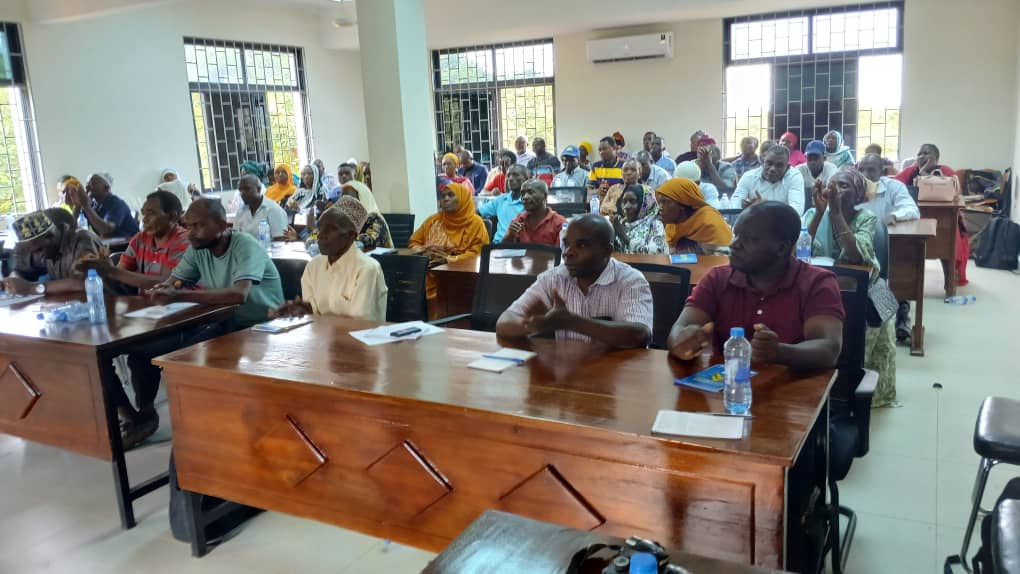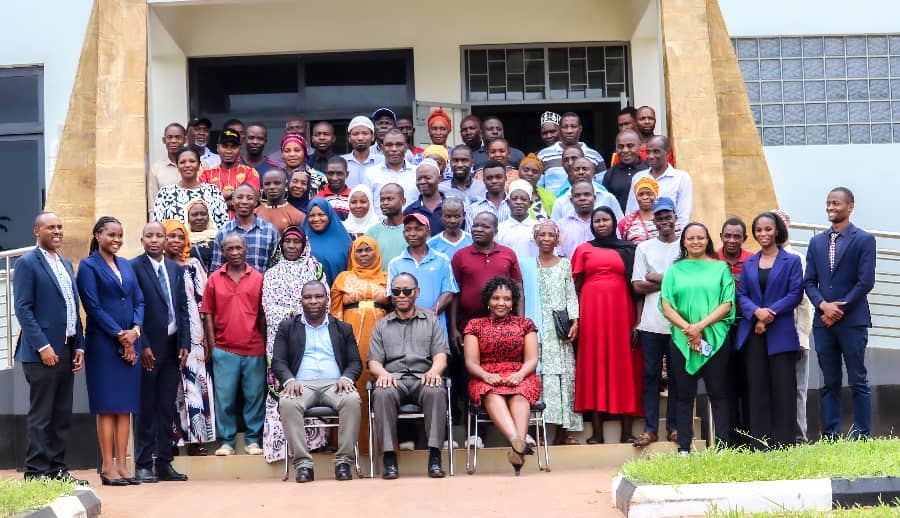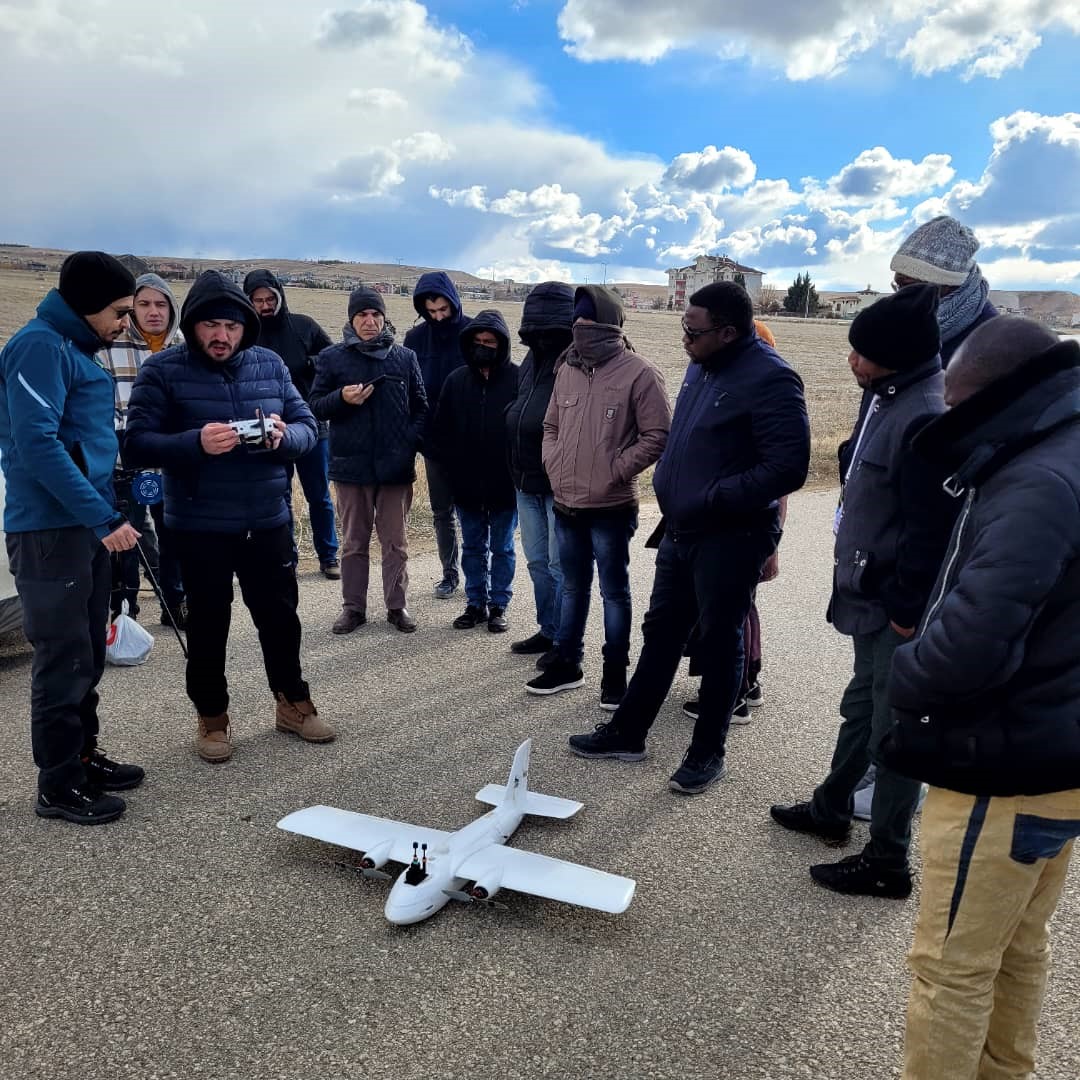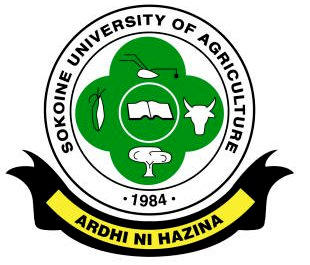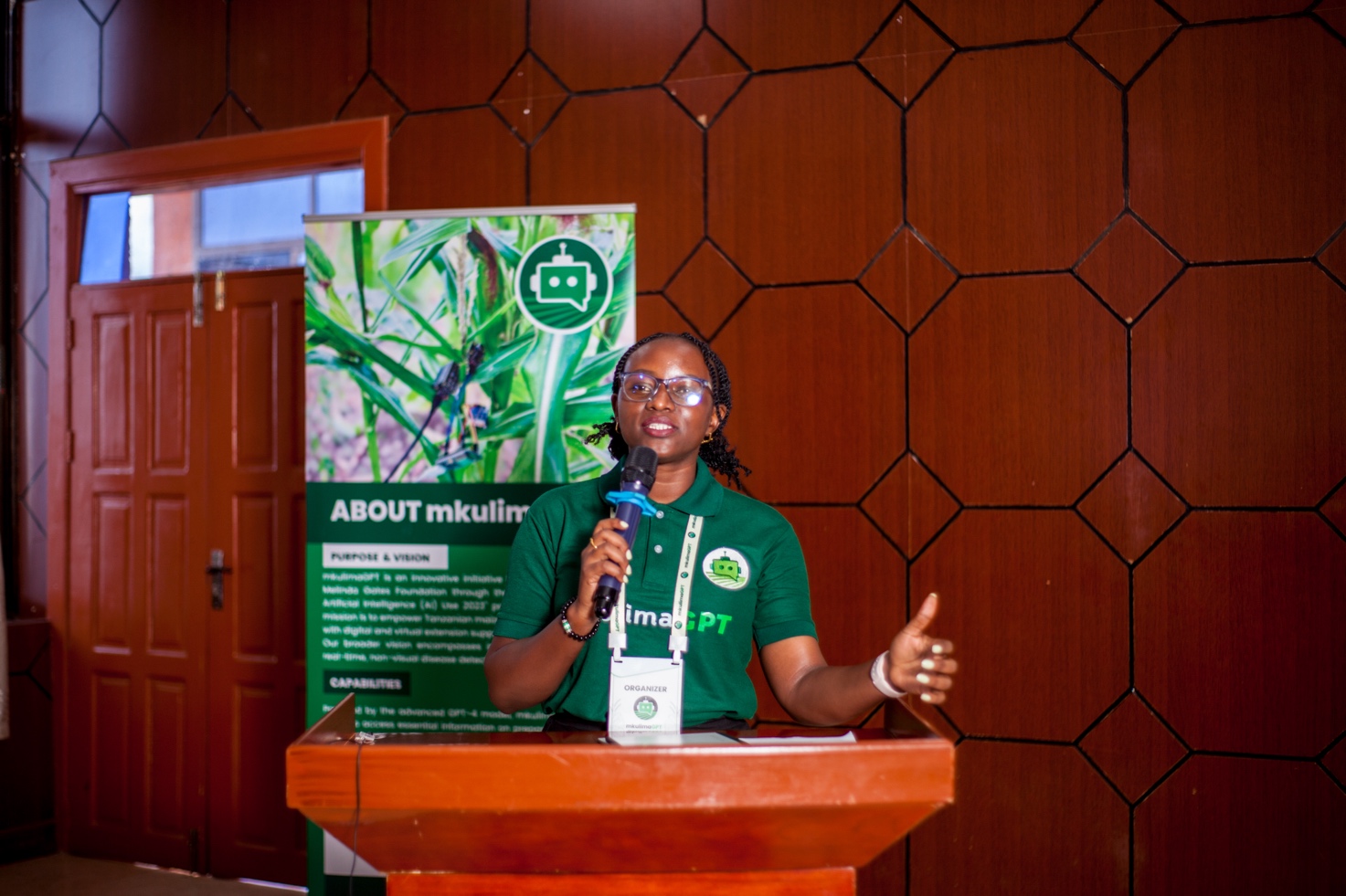In a bold step toward bridging the gap between academia and agriculture, Sokoine University of Agriculture (SUA) yesterday (15th November 2024) launched the Agrispark Project, an initiative designed to empower farmers and shape the next generation of agricultural entrepreneurs and innovators in Tanzania.
The inception meeting, held at the ACE-IPM Conference Hall on SUA’s Edward Moringe Campus, brought together about 100 farmers from Morogoro Municipality, Mvomero District Council, and Morogoro District Council. The event was an exciting gathering of researchers, farmers, and students, all united by a common goal: transforming agriculture through practical solutions and sustainable innovations.
The session was officially opened by Dr. Michael Mahenge, Head of the Department of Informatics and Information Technology (DIIT). In his opening remarks, Dr. Mahenge underscored the importance of involving farmers in the innovation process. He said “Farmers must not just be recipients of technology but active participants in its development. This is the only way to ensure solutions are both practical and sustainable,”.
Dr. Phibert Nyinondi, the Principal Investigator of Agrispark, provided an overview of the project’s vision. He said that “This initiative is unique because it leverages students’ practical skills to address real agricultural challenges,” he explained. “By engaging students in hands-on work with farmers, we are not just training them for graduation; we are equipping them to become problem solvers and innovators who can drive the transformation of our agricultural sector.”
The event also showed findings from a baseline survey conducted across the three districts. Presented by Dr. Nicholaus Mwalukasa (Co-Researcher), the survey offered a detailed snapshot of the challenges farmers face and highlighted opportunities for innovation. Data collection for the survey was organized by a team of dedicated research assistants, including SUA master’s students Sospter Martinus, Ms. Jackline Maharangata, and Ms. Rebeca Yusuph Kachembeho, alongside academic staff member Ms. Faines Msigwa.
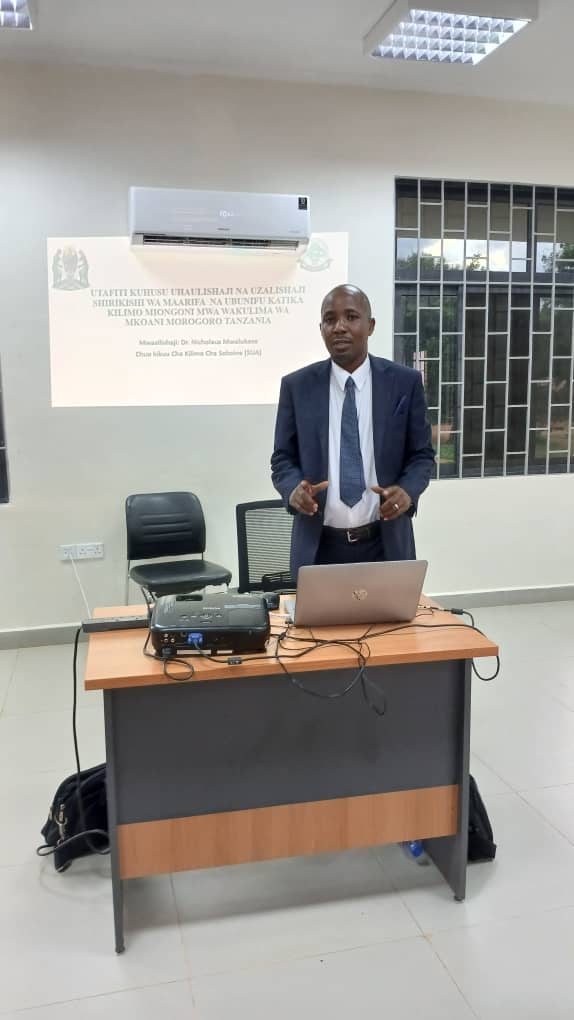
One key revelation from the survey was the effectiveness of farmers group in knowledge transfer. Farmers overwhelmingly favored this method as it allows them to learn directly from each other, fostering long-term sustainability. “When farmers teach one another, they take ownership of the innovation, ensuring its adoption even after researchers leave,” explained Dr. Mwalukasa.
However, the survey also identified gaps in knowledge dissemination, such as limited awareness of SUA FM’s agricultural programs and inadequate radio coverage in some areas. Addressing these gaps, the team proposed strengthening outreach through community-driven initiatives and expanding awareness campaigns.


Dr. Geophrey Karugila, representing SUA Vice Chancellor Prof. Raphael Chibunda, praised the research team for their innovative approach. “At SUA, we’ve developed many agricultural technologies, but their uptake remains low,” he noted. “This project will offer practical recommendations to bridge the gap, ensuring our innovations reach and benefit farmers directly.”

The Guest of Honor delivered an inspiring keynote speech, emphasizing the transformative potential of the Agrispark project. “Providing students with opportunities to engage in practical work within the community is essential for preparing them to become skilled agricultural professionals and successful entrepreneurs,” he stated. “This project is not just about creating new technologies; it’s about fostering a movement that transforms the agricultural sector through innovation and productivity.”
He concluded with a challenge to all participants: “Let us seize this moment to build a future of real success one that offers sustainable solutions to the agricultural challenges facing our country. I am confident that through collaboration, we will achieve remarkable outcomes that benefit generations to come.” As the event concluded, the atmosphere was charged with optimism and a shared determination to make a difference. Agrispark is more than a project it is a vision for a collaborative and innovative future where farmers and students work hand-in-hand to revolutionize agriculture in Tanzania.
